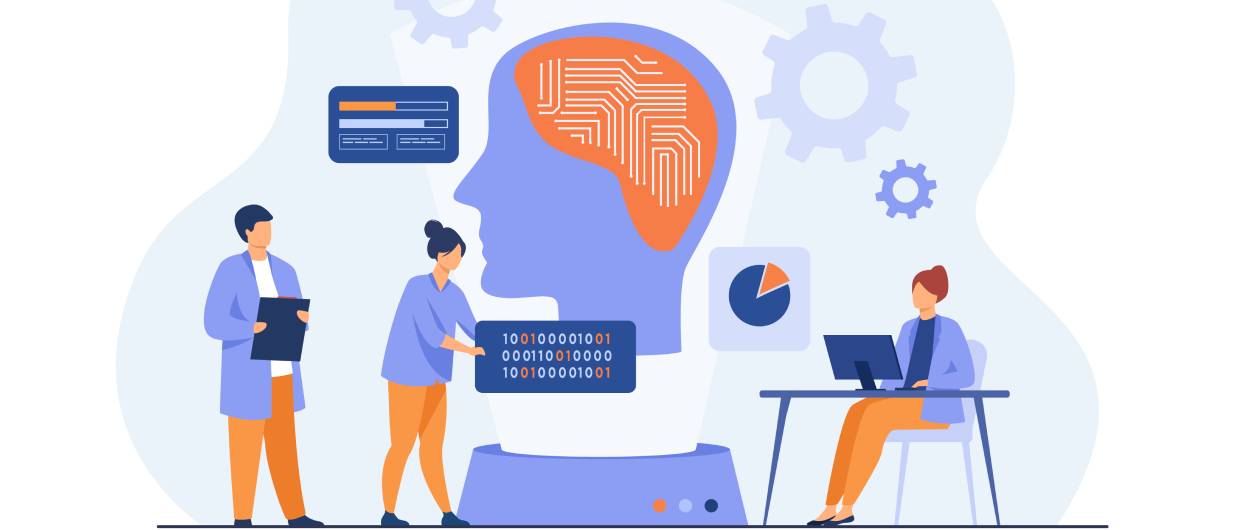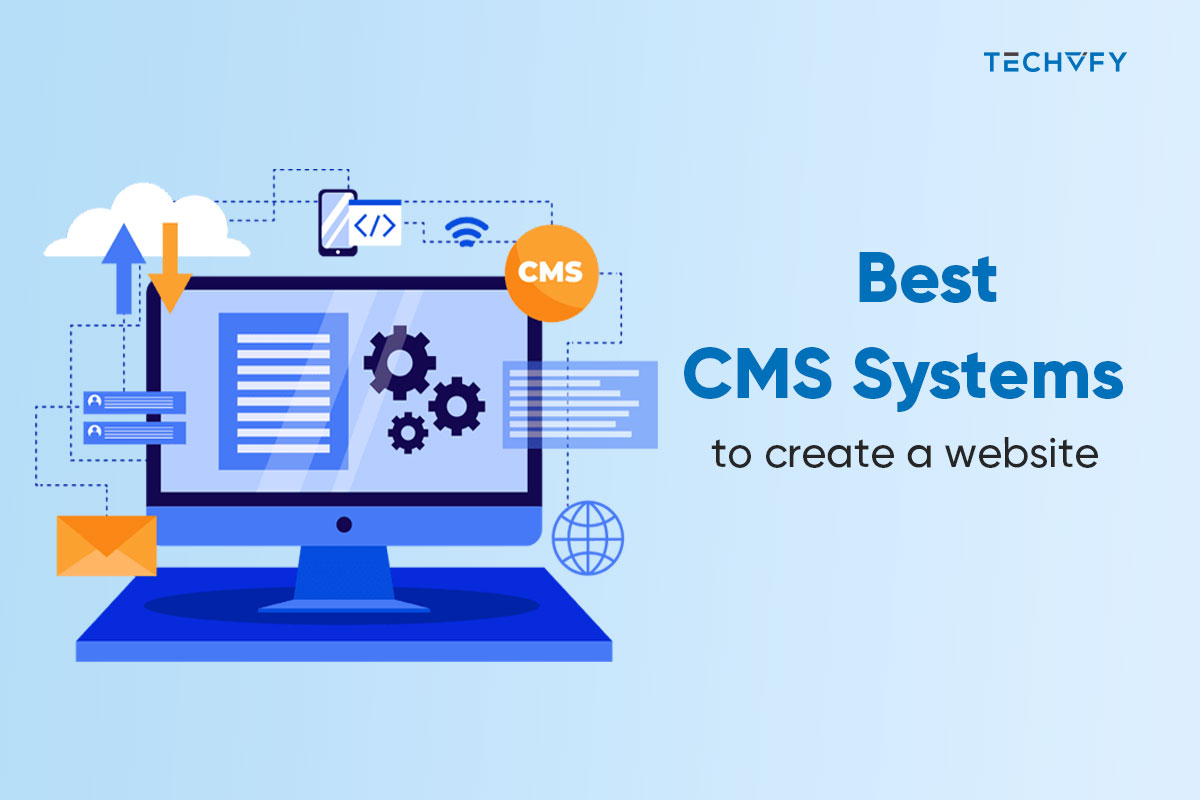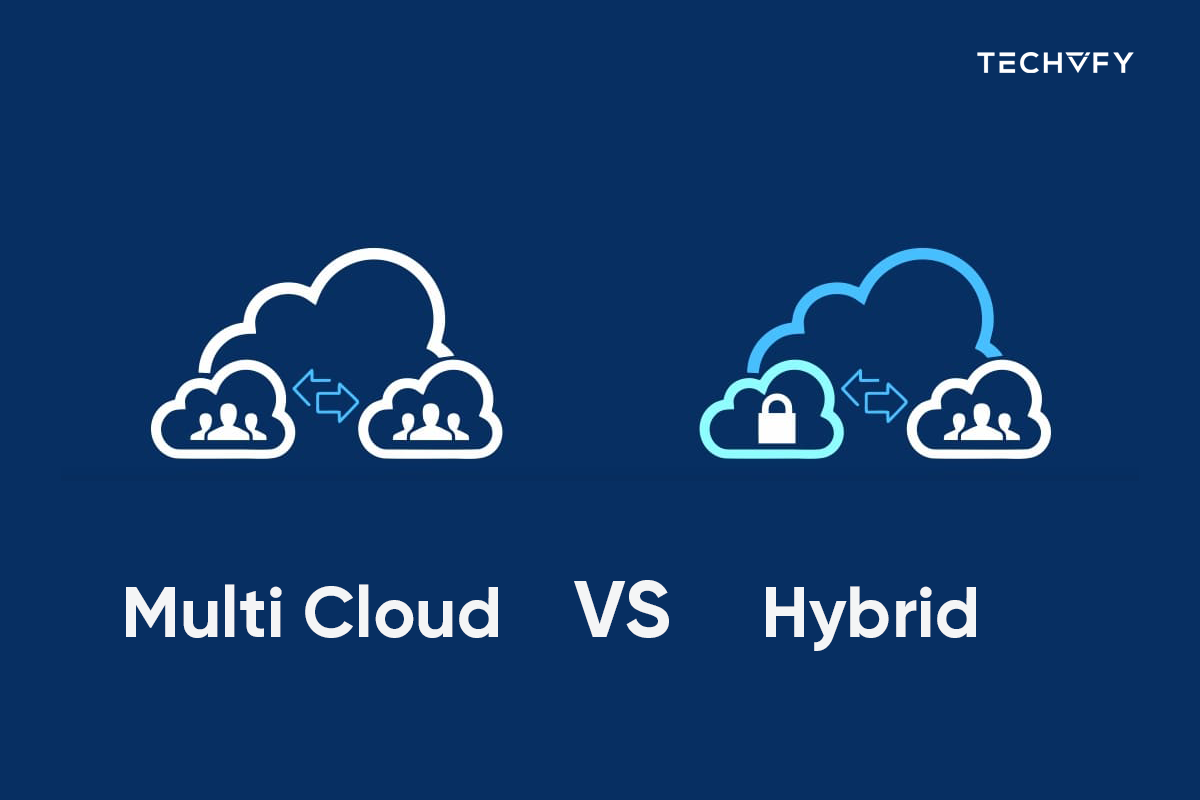AI in Software Development – Understand its Impact on the Industry
- Potter Le
- 0 Comments
Artificial Intelligence (AI) has become a pivotal technology in reshaping the software development industry. It’s altering the methods developers use to build software, enhancing efficiency, and paving the way for creating more intelligent, user-oriented applications. We will look into the benefits of AI in software development, focusing on its role and potential applications and what we can expect from Artificial Intelligence in software development in the upcoming years.
I. AI in the Software Development – Importance and Role
AI significantly impacts software development by enhancing user experience through AI-powered platforms like chatbots, accelerating development processes with machine learning, and ensuring robust security and privacy. Its role extends to automated testing, reducing manual efforts in quality assurance and optimizing error management, thereby lowering maintenance costs. AI’s decision-making capabilities, supported by regression models, aid in accurate project estimations, while sentiment analysis post-deployment gathers valuable user feedback for continuous improvement. Overall, AI’s integration in software development streamlines operations and paves the way for innovative solutions.

Discover different uses of AI with our insights:
II. Benefits of AI in Software Development
| Aspect | Benefits |
|---|---|
| Accelerated Development | Using AI in software development significantly speeds up the process. AI tools automate routine tasks like programming, troubleshooting, and testing, reducing the time traditionally required for software creation. |
| Smarter Decision-Making | AI’s introduction in software development primarily aims to enhance intelligent business decisions. It enables the creation of tailored user experiences by simplifying complex AI operations, particularly benefiting large companies seeking deeper insights and improved market predictions. |
| Improved Code Quality | AI-driven code analysis tools are crucial in identifying potential issues and weaknesses in the codebase. They provide immediate feedback and suggestions for improvement, elevating the code’s quality and ensuring the final product’s reliability. |
| Advanced Preventive Maintenance | The algorithm of Artificial Intelligence in software development can predict failures in software systems by analyzing usage patterns and performance data. This predictive capability facilitates preventive maintenance, reducing downtime and ensuring smooth software operation. |
| Personalized User Experiences | AI transforms user interactions by adapting to individual preferences and behaviors. This personalization makes the software more engaging and user-friendly, enhancing the user experience. |
| Efficient Bug Detection | AI-driven testing tools expedite the bug detection process in software. They enable automated identification of issues and vulnerabilities, enhancing development efficiency and ensuring rapid problem resolution. |
| Data-Driven Decision Making | AI is adept at handling and examining extensive amounts of data. This capability is leveraged in software development to make informed decisions based on market trends, usage statistics, and customer feedback. |
| Enhanced Security | Ensuring security in software development is of paramount importance. AI enhances security by continuously monitoring suspicious activities and potential threats, protecting software and user data. |
| Cost Reduction | AI can significantly lower development costs by automating repetitive tasks and streamlining processes. This expense reduction is crucial for .NET development services to maintain high standards while offering cost-effective development solutions. |
Have a Project Idea in Mind?
Get in touch with experts for a free consultation. We’ll help you decide on next steps, explain how the development process is organized, and provide you with a free project estimate.
III. How to Use AI to Optimize Your Software Development
Following established best practices is crucial to implement AI in software development. This includes forming a team skilled in AI, choosing the right AI tools, and ensuring data security and privacy. A competent team adept in AI significantly boosts the success of the integration. Selecting advanced AI tools that meet specific needs while considering factors like gender and race is also vital.
1. Forming an AI-Competent Team
Assembling a team equipped for AI involves recruiting professionals with the necessary skills for AI solution development, such as data scientists, software engineers, project managers, and AI engineers. Providing training and fostering a collaborative environment is critical to the smooth integration of AI into the software development process.

2. Choosing Suitable AI Tools
Selecting the appropriate AI tools is critical for project success. It involves researching their capabilities and weighing the costs and complexities of implementation. Popular tools for developers include Tabnine, GitHub Copilot, Mintlify, Quillbot, Wordtune, and Otter.ai, along with frameworks like TensorFlow, Keras, PyTorch, Scikit-Learn, and XGBoost. The right choice of tools, considering both functionality and cost, enhances the software development process with AI.
3. Securing Data and Privacy
Incorporating AI software development brings risks like data breaches and unauthorized access. Employing encryption and access control mechanisms is essential for protecting sensitive data. Adhering to security policies for human-generated and AI-generated code is crucial in AI implementation. Considering these security measures, risks associated with AI integration in software can be minimized or entirely avoided.
IV. The Future of AI in Software Development
Artificial Intelligence in software development is revolutionizing and transitioning it towards a utility model where routine tasks are automated, allowing for a focus on innovation. This shift is leading to a new approach in software design, evolving from design thinking to platform thinking. AI enables rapid prototyping, extensive testing, and deployment of applications based on real-time user feedback, empowering all employees to bring ideas to life rapidly.
As AI becomes integral to software development, team structure and skill set changes are necessary. AI will serve as an active member of the software delivery team, aiding in various aspects like platform suggestions and analytics.

AI’s agile methodology role will enable continuous delivery through intelligent automation. This includes the dynamic creation of design systems by bots, self-built POCs for comprehensive feature testing, and evolving test automation for quality assurance and increased development velocity.
The integration of AI software development will also redefine roles. Business analysts will focus more on driving business strategy, interaction design roles will become more prominent than UI design roles, software architects will leverage AI for governance systems, and test architecture will become a critical, in-demand role.
Conclusion
In conclusion, AI in software development is revolutionizing the industry, offering accelerated processes, improved code quality, and personalized user experiences. Its role in more thoughtful decision-making, efficient bug detection, and enhanced security is invaluable for modern software development.
TECHVIFY is one of the leading AI software development companies. We bring expertise in creating advanced AI at the edge solutions. Utilizing our skills in artificial intelligence, software creation, and IT management, we provide a range of services and products tailored to diverse requirements in various industries.
Ready to elevate your software development with AI? Reach out to TECHVIFY now and let us assist you in exploring the full potential of Artificial Intelligence.
TECHVIFY – Global AI & Software Solution Company
From Startups to Industry Leaders: TECHVIFY prioritizes results, not just deliverables. Accelerate your time to market and see ROI early with high-performing teams, AI (including GenAI) Software Solutions, and ODC (Offshore Development Center) services.
- Email: [email protected]
- Phone: (+84)24.77762.666





